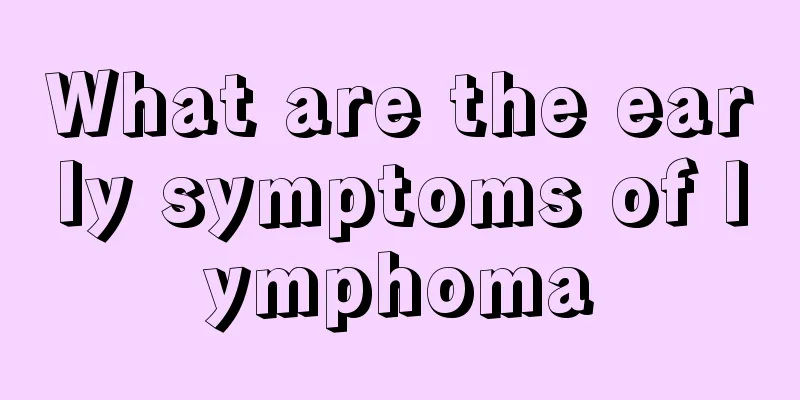Dietary precautions for patients with advanced lung cancer

|
Dietary considerations for patients with advanced lung cancer: Diet care: 1. Lung cancer patients should be free to choose food when they have no difficulty swallowing. Without affecting treatment, they should eat more foods rich in protein and carbohydrates to improve the quality of diet and create good conditions for surgery. If the nutritional status is poor, it is difficult to endure the surgical trauma, the postoperative healing is slow, and it is easy to get infected, which is not conducive to surgical recovery. 2. The diet needs to contain various nutrients necessary for the human body. When there is sufficient calorie supply, protein nutrition can be supplemented to promote muscle protein synthesis. When the calorie supply is insufficient, branched-chain amino acids can also provide more calories. There are many kinds of elemental diets. When used, start with a low concentration. If taken orally, pay attention to drinking slowly. Because the elemental diet is a hypertonic solution, drinking too quickly can easily cause diarrhea and vomiting. 3. Postoperative diet deployment: Postoperative diet deployment according to the condition. Because surgical trauma can cause digestive system dysfunction, do not rush to succeed when choosing and supplementing food. Eat more fresh vegetables and fruits. Fruits and vegetables are rich in vitamin C, which is an anti-cancer substance that can prevent the formation of cancer cells. Garlic also contains anti-cancer substances. Develop good living and eating habits, have regular physical examinations, and get timely diagnosis and treatment. Common knowledge about home care for lung cancer patients: In addition to observing abnormal conditions such as cough, sputum, cough, chest pain, chest tightness, dyspnea, fever, etc., special attention should be paid to dysphagia, hoarseness, edema of the head, neck and upper limbs, or ptosis of the upper eyelid. If dysphagia occurs, it indicates that the tumor invades the esophagus, and hoarseness of the chest may indirectly compress the laryngeal nerve; if there is edema of the head, neck and upper limbs, congestion in the chest and varicose veins, accompanied by headache, dizziness or lightheadedness, it indicates superior vena cava compression syndrome; ptosis of the upper eyelid, enophthalmos, miosis, and no sweating on the forehead and upper chest indicate the occurrence of Horner syndrome. |
<<: Breast cancer symptoms and treatment
>>: Can bleeding be detected in the early stages of nasopharyngeal cancer?
Recommend
What are the early symptoms of bone cancer?
Many people suffer from stomach cancer, but they ...
The harm of nose bridge corrector
People think that if their nose bridge can be hig...
How long can a patient with advanced gastric cancer and incontinence live?
How long can a patient with advanced gastric canc...
What are the early symptoms of pancreatic cancer
What are the early symptoms of pancreatic cancer?...
Use of pipe scale cleaning agent
In fact, in general family life, there are some p...
Dietary considerations after colorectal cancer surgery
After the patient has undergone surgery, it is ne...
How can I speed up blood circulation?
Nowadays, with the rapid development of social li...
What are the easiest ways to make soap?
The method of making soap is actually very simple...
How can young people stay away from stomach cancer? Avoid three sins
In the past five years, the incidence of gastric ...
I feel pain under my right ribs when I walk
Whether walking or sitting, many people often exp...
How to remove paint smell, you must know
Nowadays, most new house decorations require the ...
How to care for a damaged meniscus?
Meniscus injury is a common disease in orthopedic...
What are the plants that can remove blackheads?
In today's cities, there are a lot of cars an...
How to determine whether breast cancer patients should preserve their breasts or undergo mastectomy
Breast cancer patients often face the question of...
Can people with high blood pressure eat chicken soup?
Hypertension is a very serious disease. Suffering...









